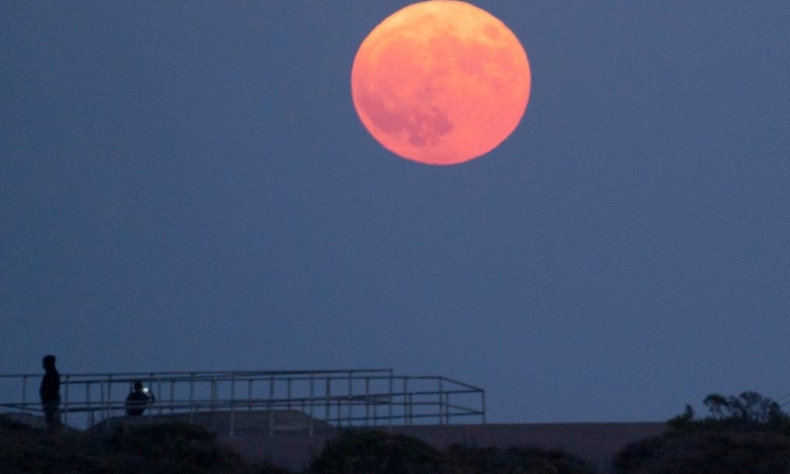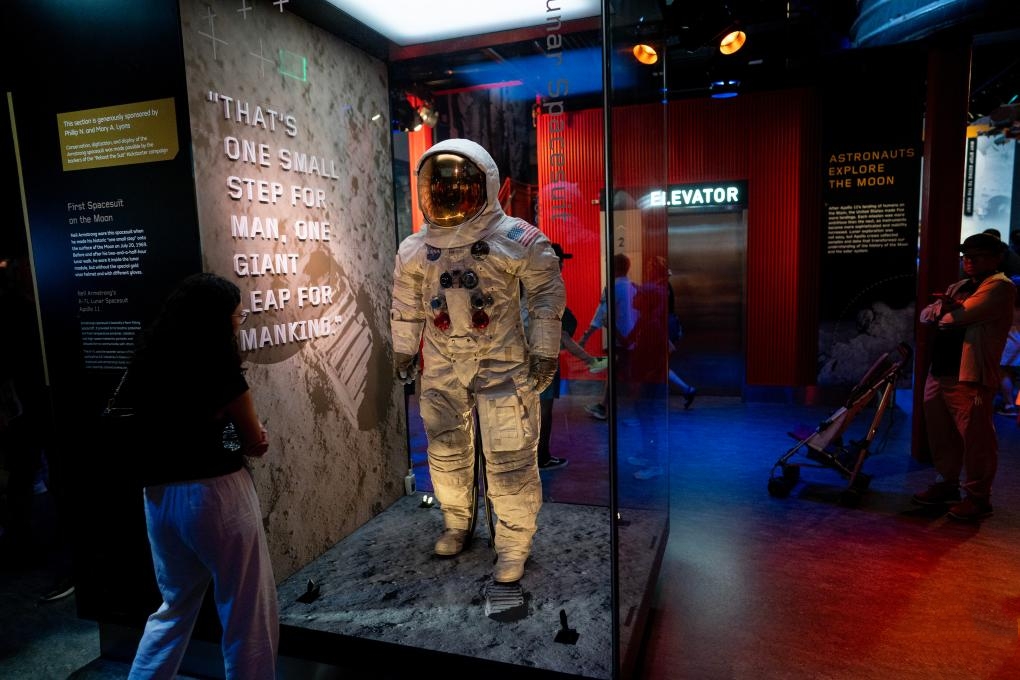Lost on the Moon

If the world’s two largest economies can learn from each other, surpass each other, and continuously explore unknown territories for humankind, it is certainly preferable to covert economic rivalries and overt military tensions.
Fifty-five years after the United States made its first historic Moon landing, nothing seems to be going right as it plans first crewed return to the lunar surface in the 21st century.
Astrobotic Technology, developer of the Peregrine lunar lander, on January 19 announced that just 11 days after its launch, the spacecraft experienced a critical fuel leak, resulting in its failure. Aside from being the first commercially-built U.S. moon lander, its mission also represented the first U.S. lunar expedition in over 50 years.
On January 9, the U.S. National Aeronautics and Space Administration (NASA) announced another delay in its crewed Moon missions. The Artemis 2 lunar orbit mission and the Artemis 3 Moon landing mission have been postponed by approximately one year each, now respectively scheduled for September 2025 and September 2026. Bill Nelson, Administrator of NASA, stated that the postponement would give relevant teams enough time to address the existing technical issues.
NASA plans for its astronauts to depart Earth aboard the new-generation crewed spacecraft, Orion. After reaching lunar orbit, they will transfer to the Starship, a heavy-lift rocket developed by SpaceX, a private U.S.-based company, for their journey to the Moon’s surface. However, the integration of the Starship rocket and spacecraft system encountered failures during two test launches in April and November of last year, and additional safety concerns have been identified with the Orion spacecraft. There has also been delays in the development of the spacesuits required for astronauts’ activities on the lunar surface. It remains uncertain whether the U.S. will be able to return to the Moon, as hoped, in two years.
The setbacks in America’s Moon missions are frequently ascribed to inconsistent policies on space exploration over the past 20 years. President George W. Bush set a goal to land three American astronauts on the Moon by 2018 and establish a lunar base equipped with living quarters, a power station and a communication system. After Barack Obama took office, he considered the Moon landing project too costly and preferred NASA to focus on sending astronauts to Mars by 2030. During Donald Trump’s presidency, space policy took another turn. In December 2017, Trump signed his first space policy directive, proposing a relaunch of the crewed Moon landing program. Although the Joe Biden administration continues to support the program, it did not receive the full funding requested in 2021 and 2022. There are claims that the total budget for the Moon landing program alone has soared to an astonishing $93 billion, while NASA’s total appropriation for 2023 was just $25.4 billion.

Why is it more difficult for the U.S. to return to the Moon after more than half a century, when science and technology have advanced by leaps and bounds?
The U.S. launched the Apollo Program in 1961 and, after nearly eight years of preparations, on July 21, 1969, the Apollo 11 spacecraft, carrying three astronauts, successfully landed on the Moon. Neil Armstrong’s words, “That’s one small step for a man, one giant leap for mankind,” became one of the best-known quotes of the 20th century. The U.S. had completed six crewed Moon landings and sent 12 astronauts to the Moon through the 12-year-long Apollo Program and remains the only country achieving the feat.
Landing on the Moon and exploring the universe have always be considered among the most noble, courageous, and glorious endeavors of all humankind, even though the American Moon landing program at that time might have been more about gaining an advantage in the Cold War against the Soviet Union. Space programs represent the new possibility that humanity can completely break free from the shackles of geopolitics, unite, explore broader spaces, and realize dreams that once seemed unattainable.
No one can deny the achievements of humanity over the past half-century. However, when it comes to space exploration, no other milestone has been accomplished that can be compared to the Moon landing of Apollo 11. At the height of the Cold War, the two superpowers shifted their focus from Earth to outer space, initiating a race that greatly propelled the pace of scientific development.
However, the U.S. seems to have since lost the pioneering spirit it has been proud of for the past 250 years. Instead of firing rockets to the glittering stars, it’s been firing missiles. This is not a situation to be celebrated for human civilization.
With China’s continuous breakthroughs in the field of space exploration, the U.S. seems to have felt a pressure. Maybe the U.S. restarted its Moon landing program as a direct response to China’s rise. However, such competition, when viewed from a broader perspective, is not necessarily a bad thing. If the world’s two largest economies can learn from each other, surpass each other, and continuously explore unknown territories for humankind, it is certainly preferable to covert economic rivalries and overt military tensions.
 Facebook
Facebook
 Twitter
Twitter
 Linkedin
Linkedin
 Google +
Google +










